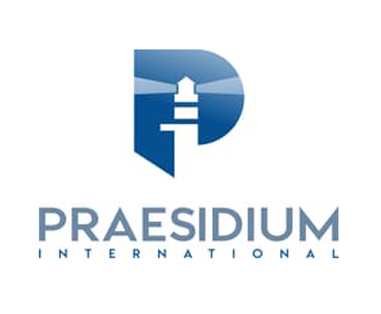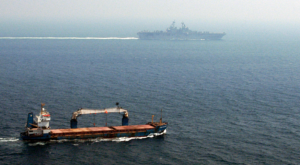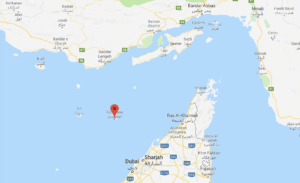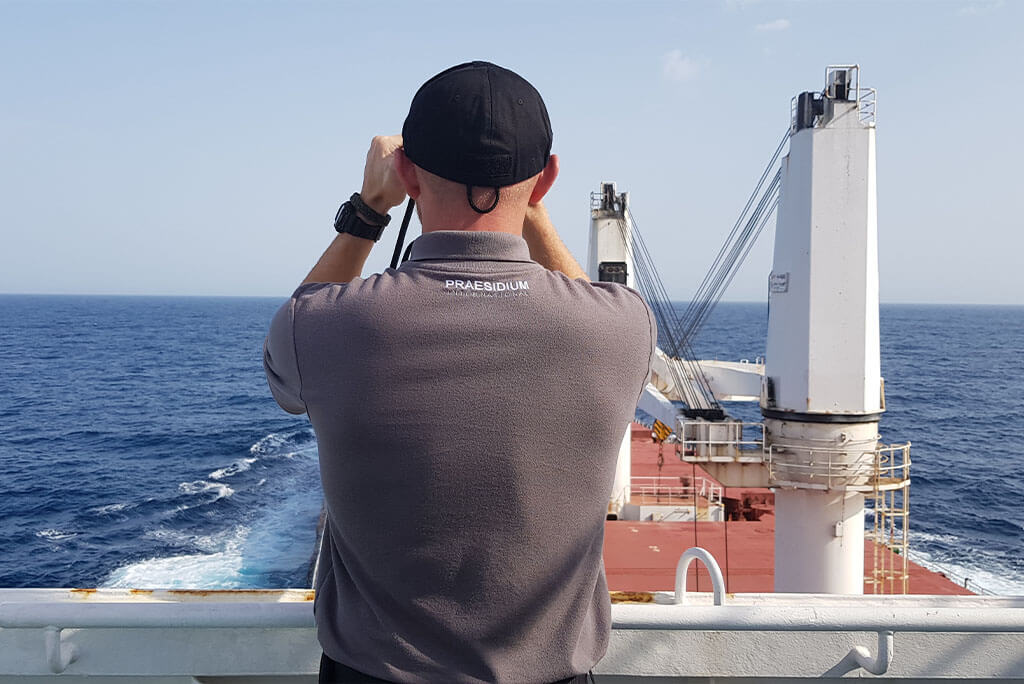Insecurity and Risk
In July, the Islamic Republic of Iran took into custody a British flagged tanker. In June, Iran also shot down a $200 million American Global Hawk High Altitude surveillance drone, and six oil tankers laden with crude oil from Saudi Arabia and the United Arab Emirates (UAE) were sabotaged with limpet mines in May and June. This series of events highlights the changing nature of Gulf security. In response, Arab Gulf countries have either appealed to the U.S. administration and the international community to intervene or have sought to appease Iran. In contrast, Iran has been clear about the vitality of Gulf security to its interests and has focused on safeguarding its economic interests through security presence via its constant naval patrolling and missile deployment in the Gulf.
While in the short term the current insecurity has heightened risk premiums for their oil export industry, Arab Gulf countries are struggling to safeguard their interest given that the whole Gulf trade—valued at a combined $1.2 trillion1—is at stake. All Arab Gulf countries are primarily oil exporting countries. Oil comprises up to 80 percent of their national budgets— while Iran depends on oil exports for about 30 percent for its national budget. As such, the security of the oil export supply chain in the Gulf is vital, from production and export to facilities, storage, and transport.




